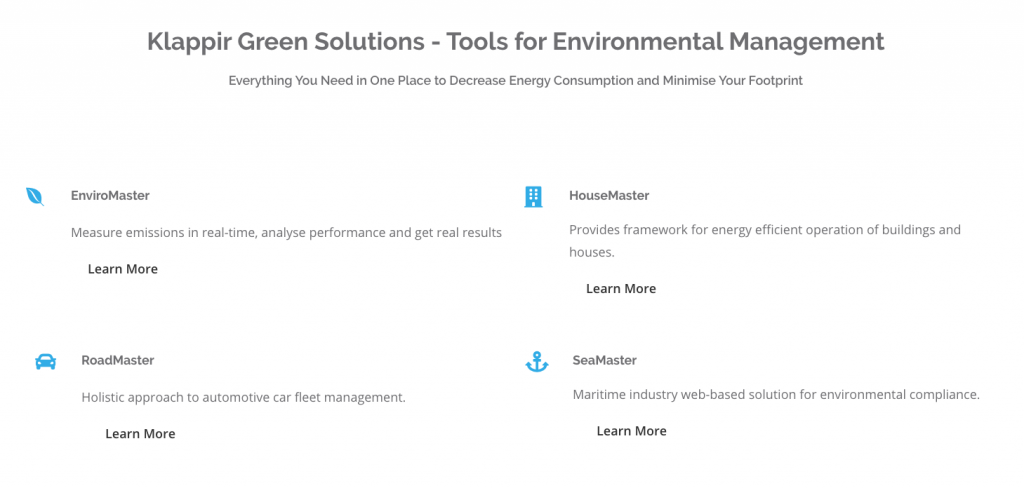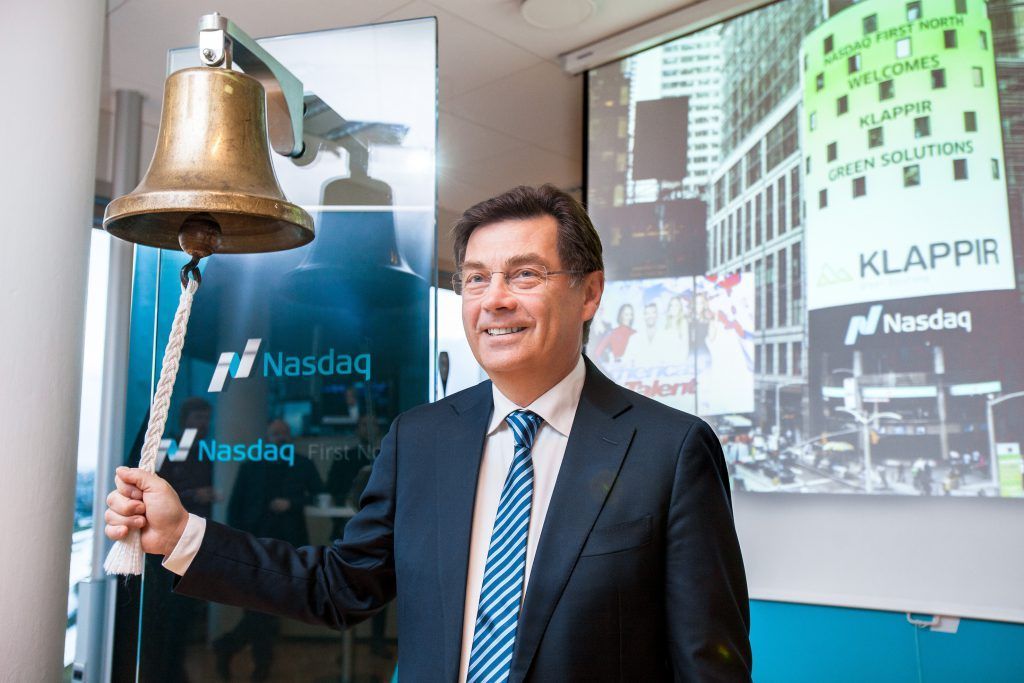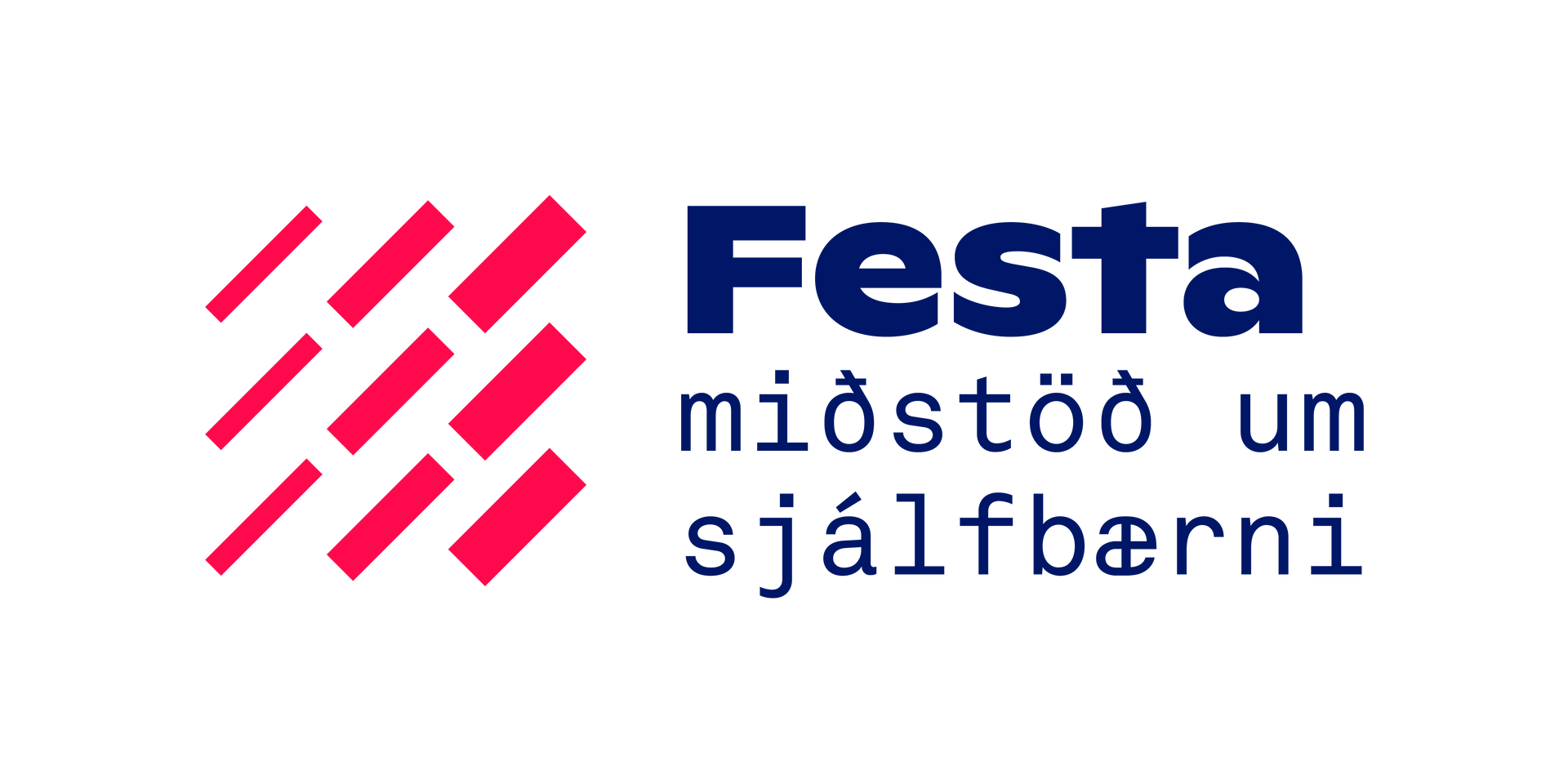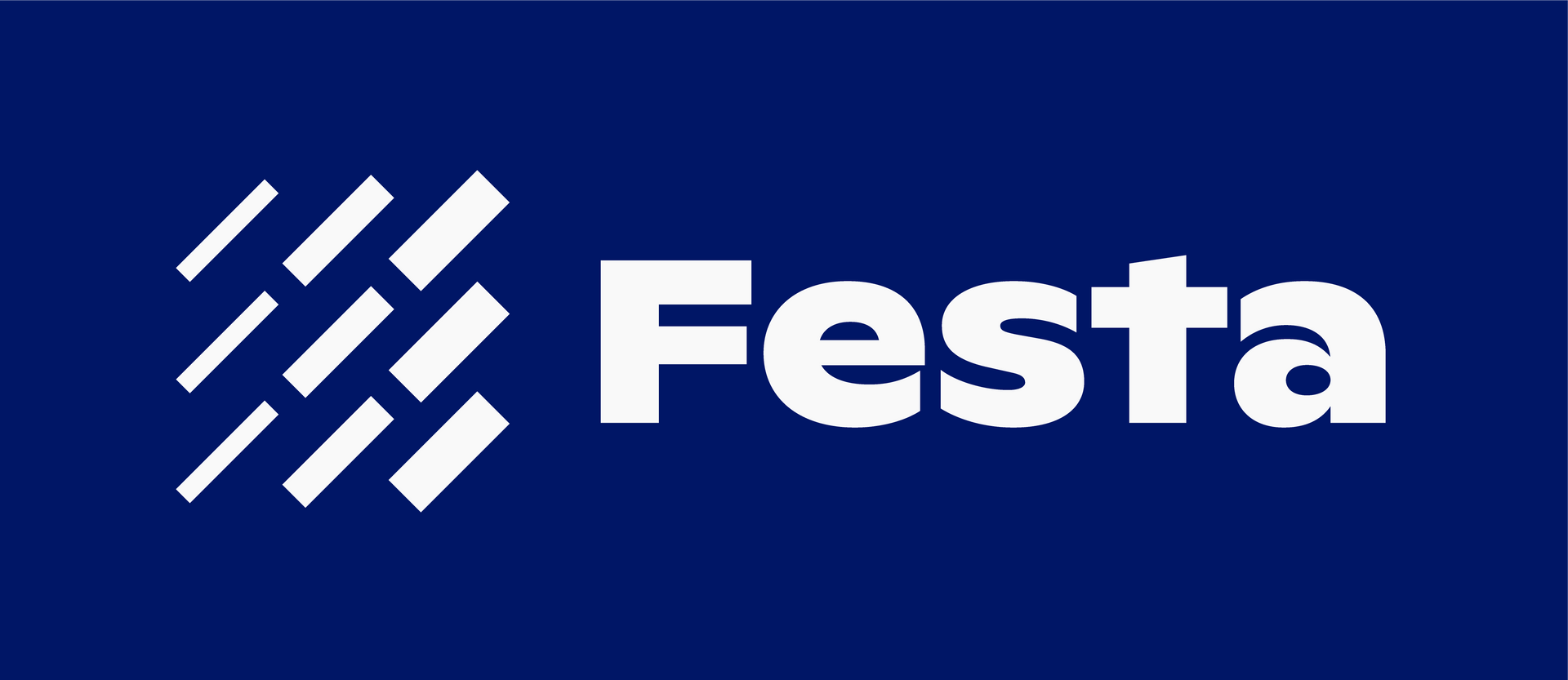Auratal: Hagnaður af sjálfbærni
Klappir Fjárfestar kjósa heldur fyrirtæki sem setja sjálfbærni á oddinn
Jón Ágúst Þorsteinsson, CEO of Klappa grænna lausna hf., says that it is absolutely fundamental for today's companies that they stand by reliable and transparent environmental settlements and show their social responsibility in action. It is both important in order to fulfill legal requirements and ensure a good reputation, and furthermore it leads to financial benefits. This is strongly emphasized in the Paris Agreement from 2015. The managers at Klapp are convinced that digital technology is the most cost-effective, efficient and reliable method to get an overview of the real environmental impact of companies.

According to Jón Ágústs, there was a change of heart in Icelandic society in 2015 when one hundred CEOs signed the Climate Declaration of Festa and the City of Reykjavík in Höfða. Then Icelandic companies began to invest more and more energy in managing their environmental impact, measuring the benefits of actions and setting goals. Klapir green solutions hf. started their journey earlier than the idea for the company was born in 2014 when the company's relatives ran another company that helped ships manage their environmental issues. They saw in their own hands that it was urgent to also get a better handle on environmental issues in other areas of business life. Today, Klapp's sustainability solutions keep track of energy consumption and waste generation at over 350 companies, institutions and municipalities, thereby providing users of the software with a clear and comprehensible picture of their ecological footprint and energy consumption. Klappa's sustainability solutions have thus formed a so-called "digital ecosystem" in Iceland, which now helps many Icelandic companies manage the nation's resources better, reduce operating costs and comply with environmental legislation. Applauds team-oriented companies in making environmental settlements and social reports according to the Exchange's ESG standards. The Icelandic abbreviation for the ESG criteria is UFS, which stands for "environmental, social factors and governance".
"All these factors affect the sustainability rating of companies," says Jón Ágúst.
"If the company behaves in a socially responsible way - complies with the law, returns dividends to society whether in wages or taxes, works for gender equality and so on - then it is a safer and more attractive option for investors than a company that cannot demonstrated that these elements are in order."
Jón Ágúst adds that things can go badly for companies that do not have their management practices in good shape. "Accounting for those matters must of course be solid and reliable so that people can trust that the information that appears there is correct."
Fjárhagslegur ávinningur fyrirtækja af því að iðka samfélagslega ábyrga viðskiptahætti kemur fram með tvenns konar hætti að mati Jóns: „Fyrirtæki ná fram rekstrarsparnaði þegar þau horfa grannt á þær eignir sínar sem menga; skoða hvernig farið er með eldsneyti, rafmagn, heitt vatn og allt sem til dæmis snýr að ferðalögum starfsfólks. Þá átta menn sig betur á því hvar má draga úr kostnaði og bæta sjálfbærni félagsins. Í öðru lagi verða fyrirtæki, sem sinna þessum málum, verðmætari. Þau ganga á hærra verði og vörur og þjónusta þeirra eru hærra metin í samfélaginu.“

Klappir offers various tools for companies that they use to measure the environmental impact of their activities.
Jón Ágúst says he feels a big change in the attitude of investors in the last two years. "When new investors come to the market, they ask how companies are doing in social issues. They want to read social reports, and we see that they are willing to pay a higher price for the shares of companies where all of this is already there." considering the sustainability of each property. "Companies that don't measure these factors have a harder time."
Jón Ágúst tekur fram að nauðsynlegt sé að til staðar séu fjárhagslegir hvatar fyrir fyrirtæki, sem og sterk lagaleg umgjörð, eigi íslenskt samfélag að verða sjálfbærara.
En geta öll fyrirtæki hagað rekstri sínum þannig að þau standi bæði skil á rekstrarhagnaði gagnvart hlutafjáreigendum og samfélagslegum ávinningi?
„Já, tvímælalaust. Fyrirtæki sem sinna þessum málaflokki af alvöru og metnaði eru vel rekin fyrirtæki og skila meiri hagnaði til hluthafa og samfélagsins í heild sinni. Það felst engin mótsögn í því að skila rekstrarhagnaði og að sinna samfélagsleg málum; þvert á móti, þetta er eitt og það sama. Það má ekki stilla þessu upp sem andstæðum.“ Þá segir Jón Ágúst að sýn forstjóra sé algjört lykilatriði þegar fyrirtæki ræðst í átak til að auka sjálfbærni sína.

"The prerequisite for success is that CEOs and senior managers have their eyes on this issue and support their staff well." According to Jón, the reason why the agreement between Festa and the City of Reykjavík marked a real turning point in Icelandic society is that the CEOs, who committed companies theirs, really took away the truth. Many of these companies, for example, use Klapp's services today. Jón says that it has not been particularly difficult to convince Icelandic companies to implement smart solutions in their sustainability measures. These companies now have access to information about their energy consumption and waste generation in real time and can make strategic decisions much earlier in the process than was possible before the age of digital technology.
"The nature of companies is to measure, set goals and build on reliable information. Company representatives immediately understood that this cannot be done in an Excel document. This is not a short-term job, but a long-term journey. People must also understand that there is no magic solution to these issues." Jón says the importance of going deep into the seams of these issues is becoming more and more clear to people.
„Ferðalagið er ekki einfalt en sannarlega þess virði.“
"We need to be coordinated in this effort and support each other. We at Klappum have made an effort to start a dialogue with as many parties as possible about the importance of the journey, this issue and the need for us not to work against each other, but all together. That, and only that, will we succeed."




